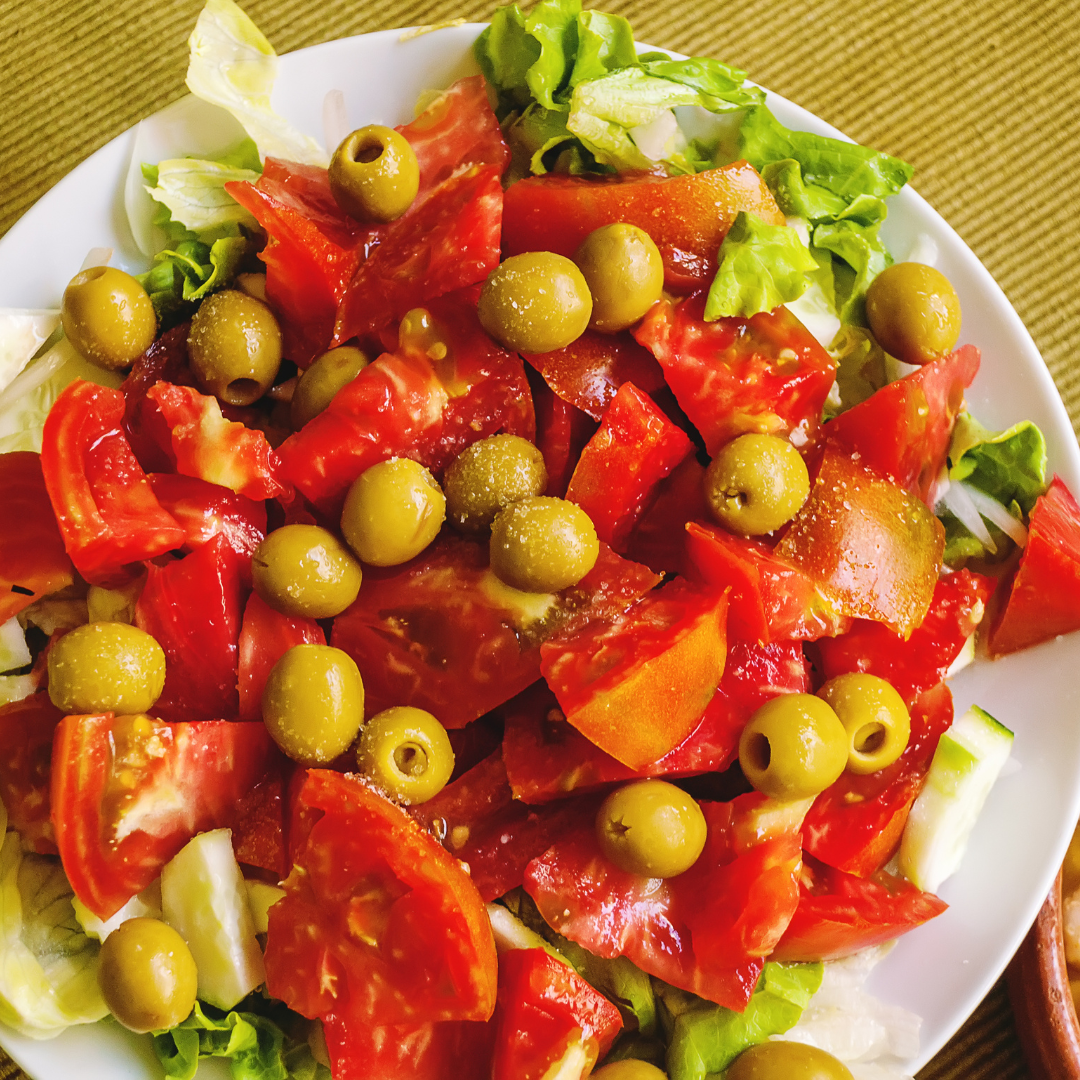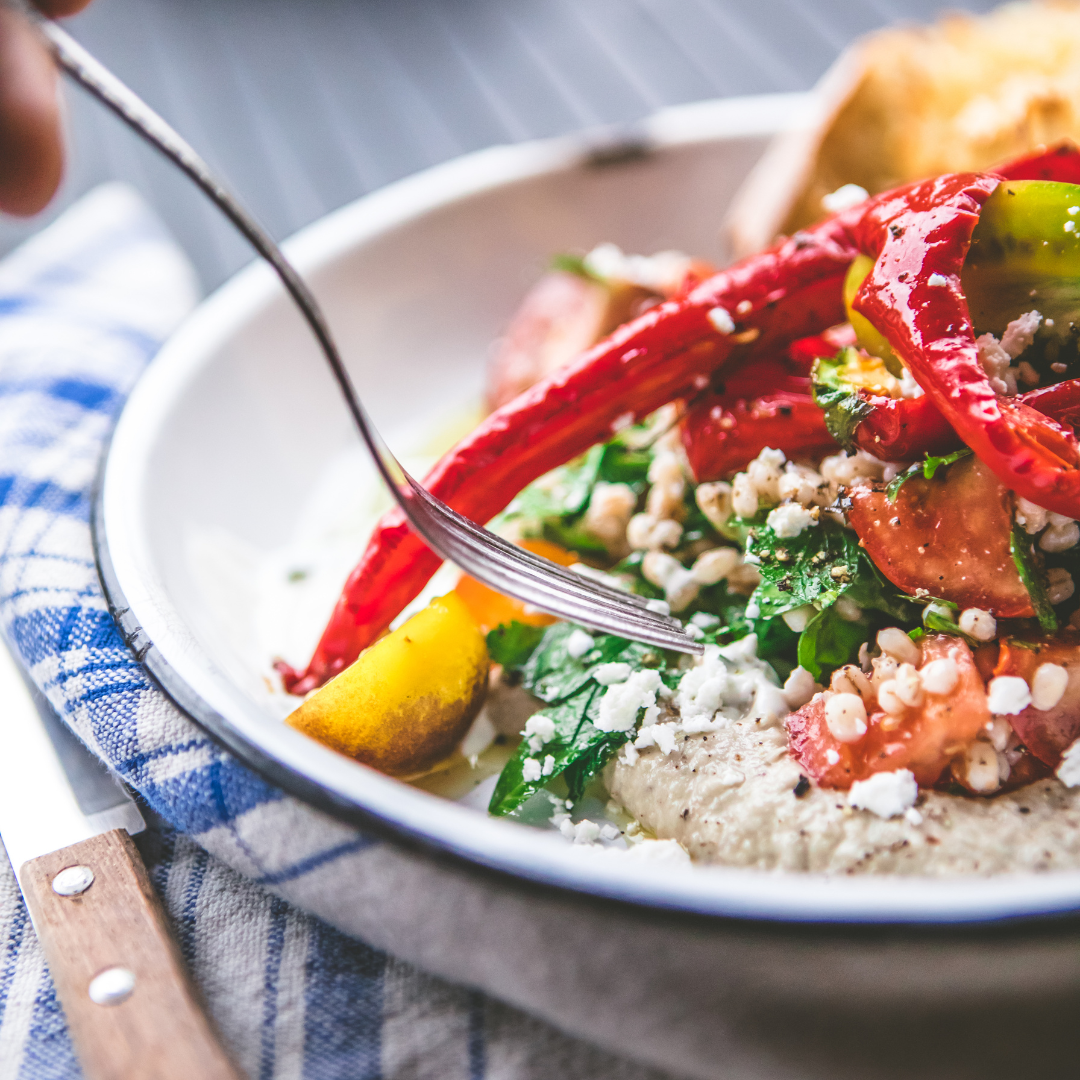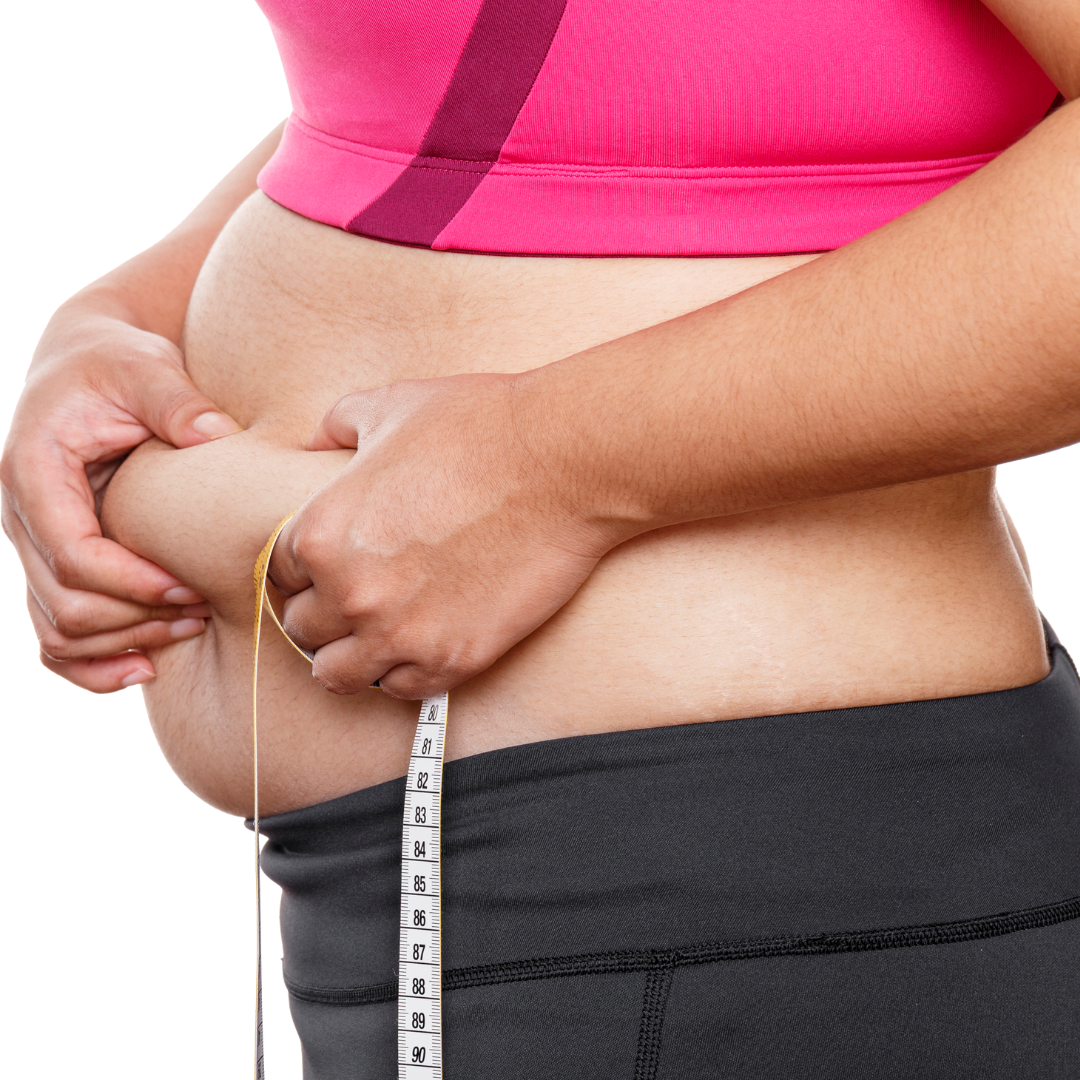Wine and Weight Loss
Ladies over 40, let's face it, alcohol and weight loss goals often don't go hand in hand. It's important to acknowledge that there are plenty of reasons to cut back or even eliminate alcohol from our diets and social lives. So can wine and weight loss work together?
That being said, enjoying a glass of wine or your favorite drink can be a cherished pastime, a way to connect with friends, and a fixture of many social occasions.
However, it's been noted that alcohol can significantly impact your metabolism. Since the body can't store alcohol, it takes priority for your metabolism. This means that even if you consume food containing nutrients like fats, proteins, and carbs, your body will prioritize breaking down the alcohol first. As a result, the breakdown of fats (lipolysis) and digestion of other nutrients slows down. Yikes!
But is this the only reason why alcohol can impede our health goals? And do we have to give it up entirely if we're trying to lose weight? (Please say no, please say no...)
Well, the answer is...

Can I Still Lose Weight If I Don’t Want To Give Up Wine/Alcohol?
We can't deny that alcohol and weight loss goals are often at odds, and there are many compelling reasons to cut back or even quit drinking altogether.
At the same time, enjoying a glass of wine or your favorite drink is a cherished social activity that helps us connect with others and is often a part of our social lives.
However, it's important to note that alcohol can have a significant impact on our metabolism. There's a reason why they call it a "beer belly". While some studies suggest that this effect may not be as drastic as we fear, it's clear that alcohol messes with our metabolism in a big way.
So, what's the bottom line for women over 40? While we don't have to give up alcohol entirely, it's important to be mindful of how much we're consuming and how it may be affecting our health and weight loss goals.

Here’s how the metabolic process basically goes when you’ve had a drink
Ladies, when we drink alcohol, it's absorbed into our bloodstream from the stomach and intestines, where two key enzymes in the liver begin to break it down.
Alcohol dehydrogenase (ADH) and aldehyde dehydrogenase (ALDH) work to separate the alcohol molecule so that it can eventually be eliminated from our bodies, since it can't be stored.
However, because of this, alcohol becomes a priority for our metabolism. This means that even if we've eaten foods that contain nutrients like fats, proteins, and carbs, our bodies will focus on breaking down the alcohol first. As a result, the breakdown of fats (lipolysis) and digestion of other nutrients slows down.
But here's some good news: delaying these digestive processes doesn't necessarily mean we'll gain weight right away. It's just that our body's biochemical pathways don't work as efficiently when alcohol is in the mix. So, while it's okay to enjoy a drink, we should be aware of how it impacts our metabolism and our overall health goals.

Factors that can affect the rate of alcohol metabolism - and how tipsy you get!
Ladies, it's important to know that no matter how much alcohol we drink, our bodies can only metabolize a certain amount of alcohol per hour. The absorption rate can vary based on several factors that determine how quickly we'll feel the effects.
According to the Clinical Liver Disease Journal, some of these factors include:
- Age
- Race
- Gender - women tend to have a lower tolerance for alcohol and absorb it faster due to having less of the enzyme alcohol dehydrogenase (ADH)
- Exercise habits
- Drug use - both recreational and prescription
- Family or personal history/genetics of alcoholism
- Consumption of food and drink, including:
- What foods are consumed at or around the time of drinking
- The type of drink and its irritant properties or congeners (e.g., low-quality alcohol with high percentages of congeners can increase absorption and lead to hangovers)
- The concentration of alcohol consumed
- The rate at which the alcohol is consumed
Being aware of these factors can help us make informed decisions about our alcohol consumption and manage our health and wellness goals.

Is it actually possible to combine wine and weight loss?
So while it’s somewhat of a relief that alcohol itself isn’t the entire problem, it’s the high calorie count, especially when combined with sugary mixers and a tendency to overeat when imbibing that usually keeps us in the resistant weight loss zone.
https://www.ncbi.nlm.nih.gov/pubmed/26690634
But, there is hope as it IS possible to get ahead in your weight loss goals, even if you choose not to give up your wine!
Here are a few tips for combining wine and weight loss… and you’ve heard it a million times, but MODERATION really is key when it comes to alcohol consumption.
Six diet tips when you plan to consume wine/alcohol
- Plan to include a good workout on the day you intend to indulge.
- Don't skip meals in an effort to reserve calories for drinking or the extra eating that comes with it.
- Evaluate your current alcohol consumption - do you have two glasses of wine every night? Try reducing it to one and then having it every other day. Avoid saving up drinks all week for a weekend binge.
- Limit yourself to one glass per hour.
- Drink a full glass of water (or two) between each alcoholic beverage.
- Opt for lower-calorie alternatives to sugary mixers, syrups, sweet wines, heavy beer, and pre-made alcoholic drinks.

The 'best' alcohols to drink when you’re trying to lose weight
If your aim is to lose weight, it's best to opt for a low-calorie, low-sugar, and low-carb drink that won't significantly impact your daily nutrition or weight goals. Here's a breakdown of some popular alcoholic drinks and their calorie content:
- 1.5-ounce shot of 80-proof liquor: 97 calories
- 5-ounce glass of white wine: 100-121 calories
- 12-ounce bottle of light beer: 55-103 calories (with a wide range)
- 5-ounce glass of red wine: 105-125 calories
- 12-ounce bottle of regular beer: 153-320 calories (with a very wide range!)
If you're a wine lover and want to have wine and weight loss, go for dry wine options like Pinot Grigio, Sauvignon Blanc, Pinot Noir, and Merlot, or a very dry sparkling white wine. Sweet wines like Port or Ice wine have significantly higher calorie, sugar, or carb counts.
Cutting back on just a few drinks per week can lead to a significant reduction in calories (and alcohol + sugar) over time, resulting in progress towards your weight loss goals.
Enjoying a few alcoholic drinks with friends on a night out can be a great way to celebrate and have fun, as long as you are mindful of your intake and choose your drinks wisely. Just don't make a habit of drinking mindlessly on the couch at home if you want your wine and weight loss!
Ginger Kombucha Cocktail Recipe

Alcoholic drinks are often referred to as “empty” calories, meaning that they provide you with calories (sometimes overflowing with them!), but very little nutrients. That’s why I came up with a cocktail that’s actually got a little something more under the hood!
Ingredients
3 oz ginger-flavoured kombucha (look for low sugar variety)
1½ oz vodka (or other clear hard liquor OR see mocktail substitutions)
Juice of ½ lime
Stevia for sweetness
Pinch of Himalayan pink salt
Lime wedge
Preparation
Combine vodka, lime juice, and stevia in an ice-filled highball (tall) glass.
Top with kombucha and garnish with a lime wedge or squeeze it into drink.
For a “mocktail”, omit vodka and add additional 1½ oz kombucha or seltzer water in its place OR for a really lip-puckering substitution, add in ½ oz unpasteurized apple cider vinegar + 1 oz kombucha or seltzer water.










